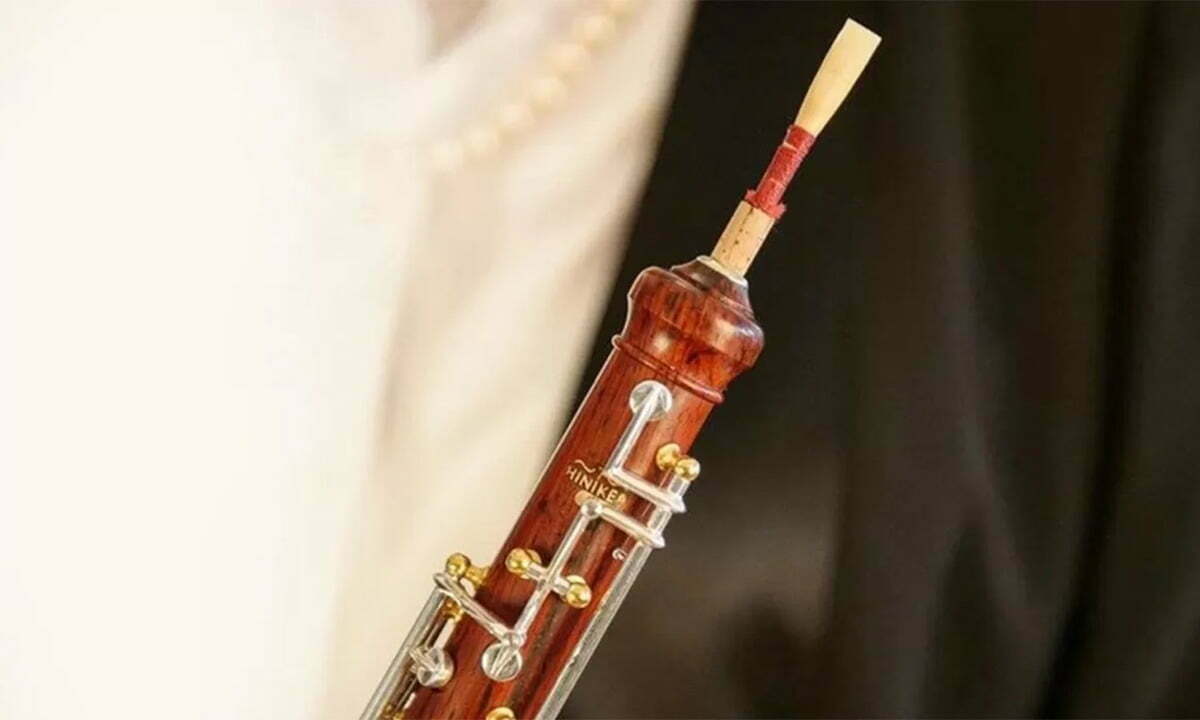Music is incomplete without musical instruments. Instruments play a vital role in the music industry. Be it a traditional instrument, a modern instrument, or a modified version of a classical one. Every instrument is unique in terms of sound, design, and type. In this article, we are going to consider the double reed instruments.
You might be thinking how double reed instruments are different from other instruments. A double reed features two pieces of cane, unlike the single reed where one piece of cane is used. Their size and shape depend on the type of instrument. It might be cylindrical or conical.
READ MORE- 15 Traditional Mexican Instruments You Should Know
1- Bassoon
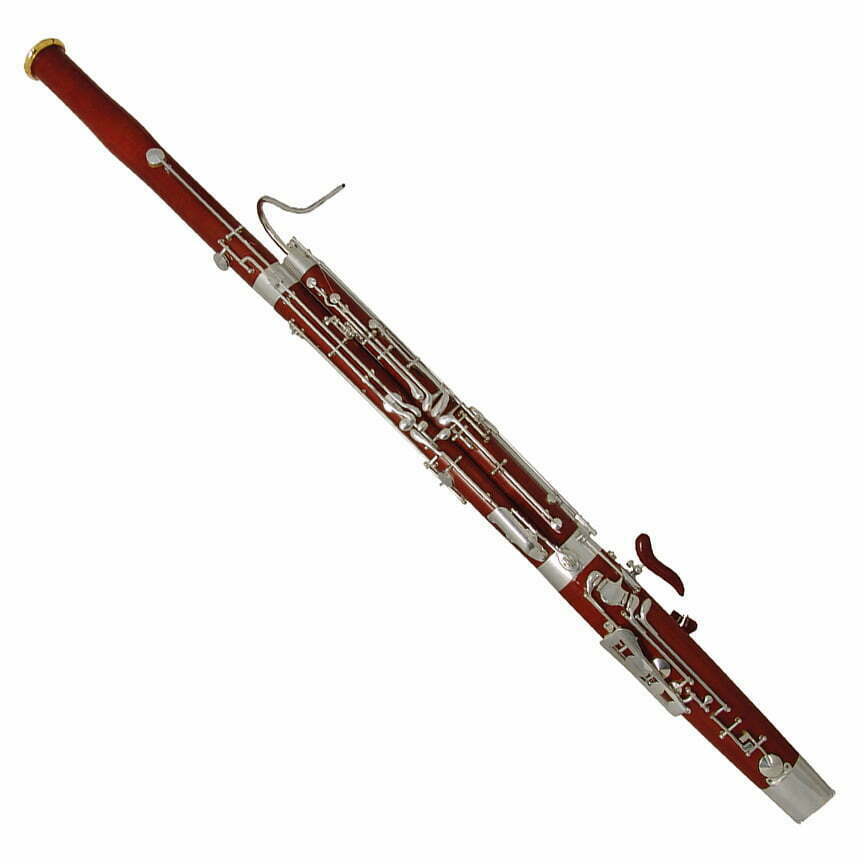
Bassoon is a double-reed instrument. It is famous for its wide range and distinctive tone color. Arundo donax cane is used to make modern bassoons.
There are two forms of modern bassoons, the first one is Buffet(French) and the second is Heckel(German). It is quite more complex to learn to play this instrument than other instruments.
2- Oboe
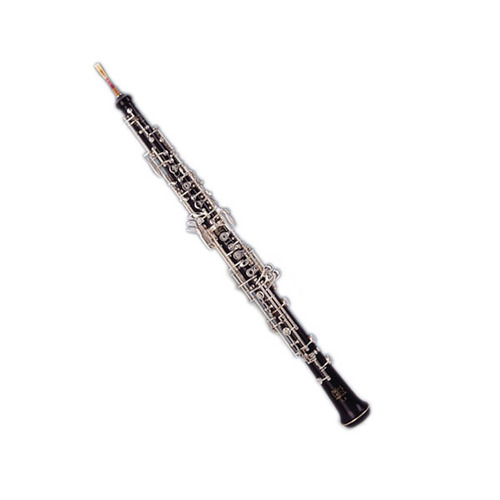
Oboe is one of the most popular double-reed instruments. This instrument is popularly used in folk, jazz, pop, film, and classical music as well. It first appeared in the mid-17th century.
Generally, wood is used to make an oboe. Some other materials are also used like plastic, resin, and hybrid composites. Even some artists make their reeds for the oboe to get desired sound.
READ MORE- 15 Most Popular Japanese Instruments
3- Heckelphone
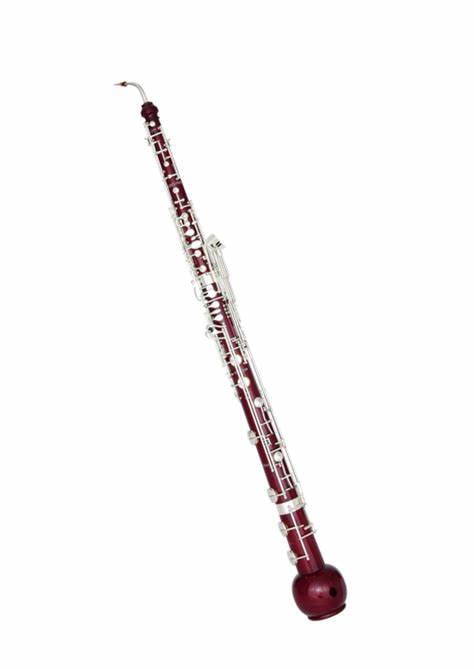
Heckelphone is a double-reed instrument that has a larger bore than the regular oboe. That’s why it has a heavy sound and penetrating tone. Wilhelm Heckel and his sons invented this instrument.
Two smaller variants of this instrument have been also developed namely the piccolo heckelphone and the terzheckelphone. But they have produced in smaller numbers.
4- Crumhorn
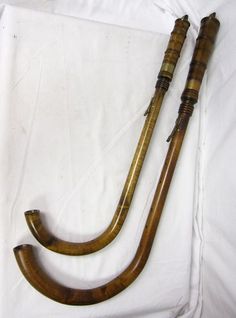
Crumhorn is a double-reed instrument used in European music during the 15th-16th century. Now, it gets popular again in the 1960s with the increase in interest in classical music.
Besides, the crumhorn has a different design and shape. Its end is bent upwards in a curve like the “J”. Crumhorn produces a strong buzzing sound and the shape doesn’t affect its sound pitch.
READ MORE- 12 Weird Instruments You Probably Know
5- Dulcian
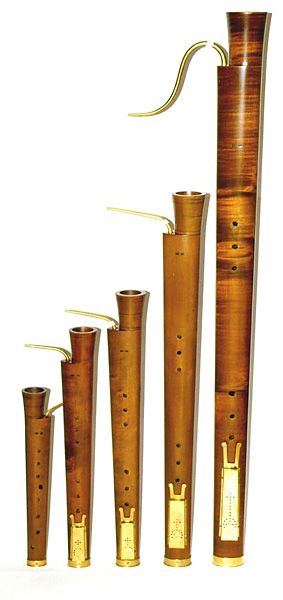
Dulcian is an interesting instrument that can produce loud sounds. It appeared in the 16th century and declined in the 18th century. Later, it regained popularity in the 20th century.
It is a Renaissance instrument having a folding conical bore and double reed. Its range is about two octaves. A dulcian can produce soft and loud sounds which makes it perfect for ensembles and solo playing.
6- Cor Anglais
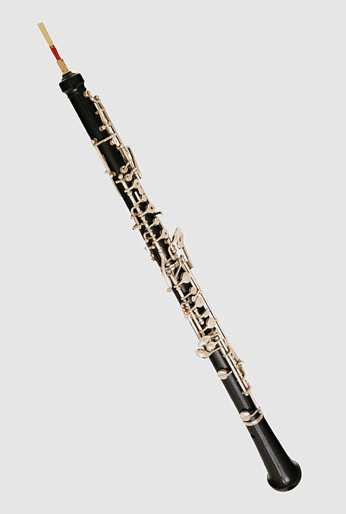
Cor Anglais is a double-reed woodwind instrument developed in the early 18th century. It looks like an oboe but has a lower pitch and a different pear-shaped bell.
This instrument is used in chamber music, orchestral music, and film scores as well. It has a warm and expressive sound that can be used in solo performances and ensembles too.
READ MORE- What Are The Instruments Used In Band
7- Rackett
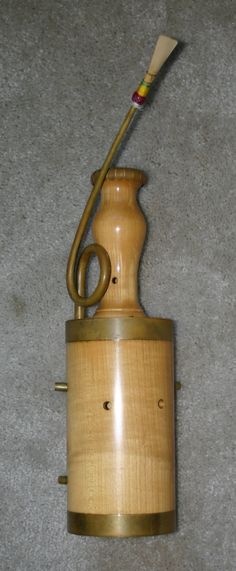
Rackett is a historical instrument that was popular in the Baroque and Renaissance periods. It looks like a long thin tube with a curved end. It produces a distinctive buzzing sound.
However its range is relatively low, it has a mellow sound with a woody quality. It is suitable for playing bass lines and other parts in the ensemble music.
8- Oboe da Caccia
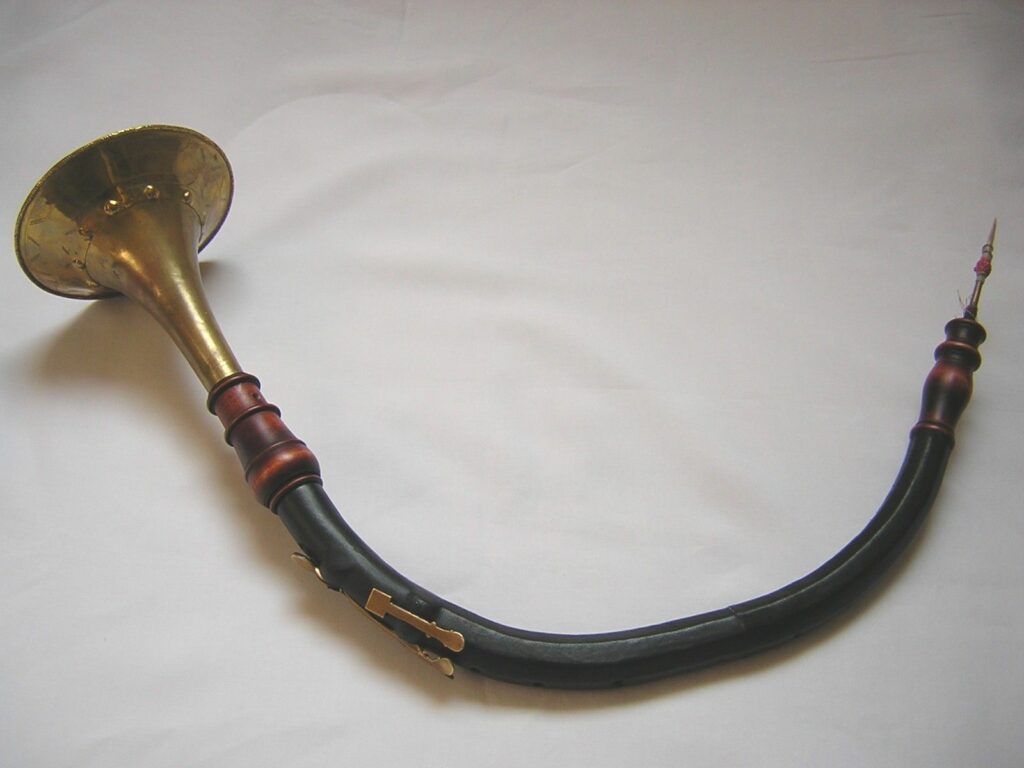
Oboe da Caccia was developed in the 18th century as a low-pitch version of the oboe. It has a conical bore that widens towards the bell. It has a leather-covered wooden body with a flaring brass bell.
J.H. Eichentopf invented the historical instrument. It is larger and has a deeper pitch than the regular oboe. The modern Oboe da Caccia has a different construction from the original one.
READ MORE- 15 Most Popular String Instruments You Probably Know
9- Shawm
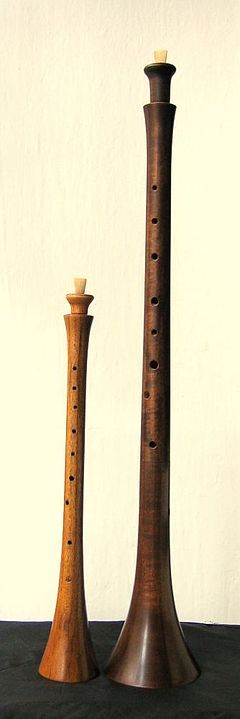
Shawm is a historical double-reed instrument that was popular in the Middle East and Europe in the 9th century. It became widely popular during the Renaissance period.
Significantly, Shawn has a loud, harsh, and buzzing sound. Its body is turned from a single piece of wood and terminates in a flared bell that makes it look like a trumpet.
10- Hirtenschalmei
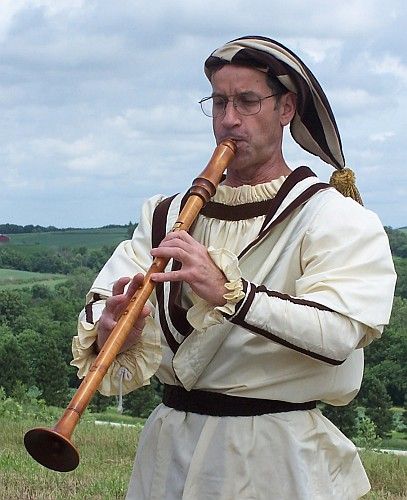
Hirtenschalmei is a historical instrument that was developed in the Middle Ages. it was popular among shepherds and rural musicians to entertain audiences. It is made up of wood with a cylindrical bore and flared bell.
Even, it is a kind of shawm that resembles an oboe. Hirtenschalmei has a distinct sound from other woodwinds.
READ MORE- What Instruments Are Used In Chinese Music?
11- Sarrusophone
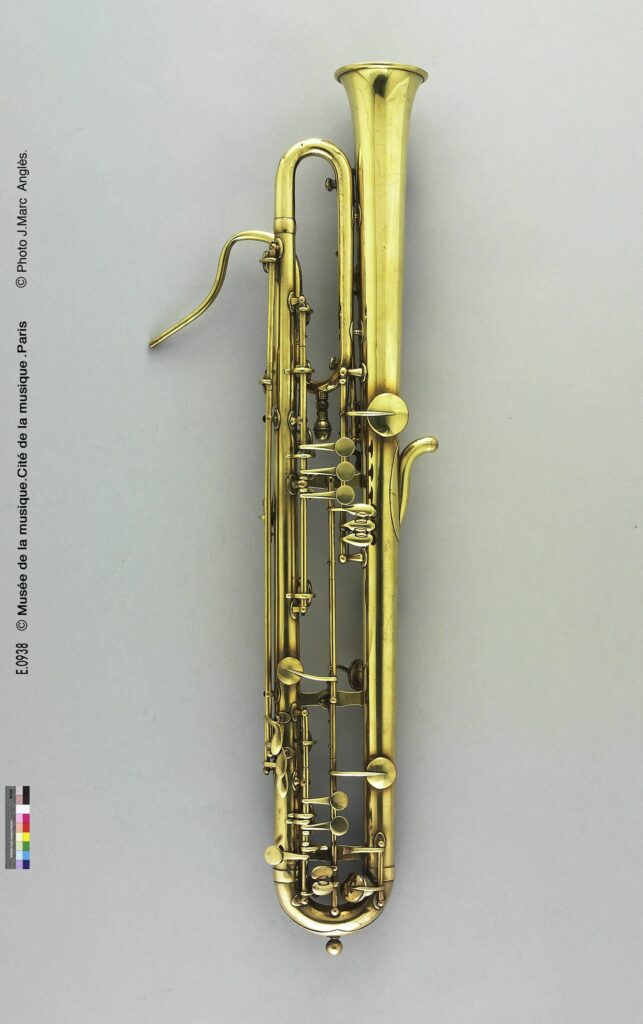
Sarrusophone is a double-reed instrument that was invented in the 1850s to replace the bassoon and oboe in military bands. It is made of brass and has a conical bore that widens towards the bell.
Later on, single reed mouthpieces also developed to get larger bass and contrabass sarrusophone. It has a powerful sound and a brighter and more focused tone than a bassoon.
12- Cornamuse
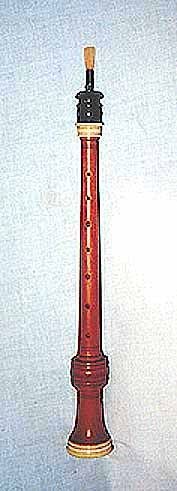
Cornamuse is an instrument that has a wind cap over the reed and cylindrical bore. It is similar to Crumhorn and belongs to the Shawm family. it was developed in the 15th century.
Moreover, its popularity declined in the Baroque period because the flute and oboe became more popular at that time. It has a resurgence of interest among contemporary artists.
READ MORE- 15 Indian Musical Instruments You Need To Know
13- Sordun
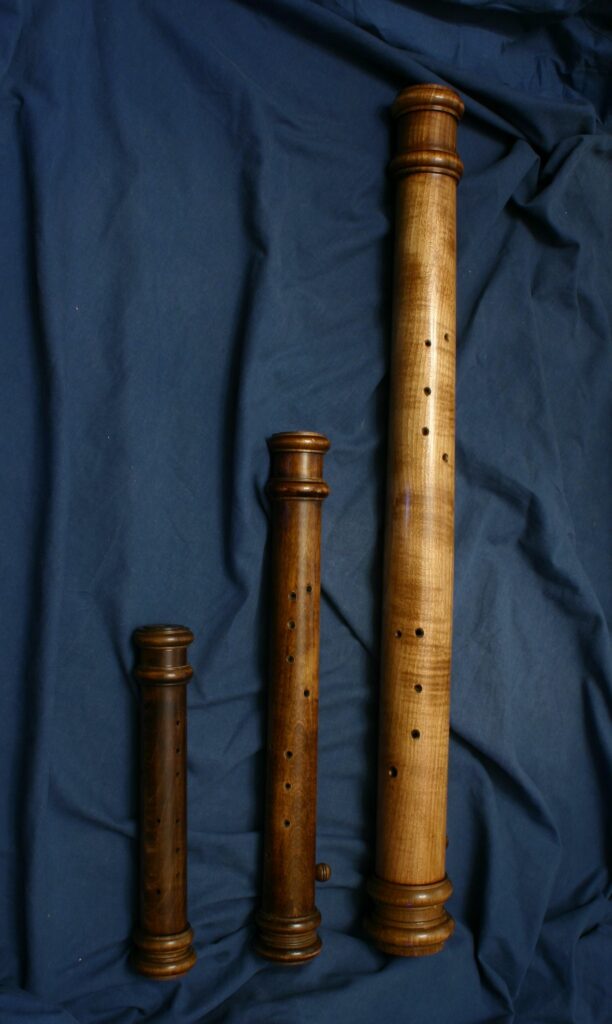
Sordun is a medieval wind instrument popular in Europe in the Middle Ages. The term comes from the Italian word Sordino. This instrument is similar to other wind instruments like Bombard and Shawm in design.
Indeed, it was used in secular music, religious music, and also in ensembles along with instruments such as hurdy-gurdy, lute, and vielle.
14- Oboe d’amore

The Oboe d’amore is a double-reed instrument that was developed in the 18th century in Germany. It was designed as a lower-pitched instrument to play the middle range of the oboe.
The instrument was often used to play the tenor and alto parts in orchestral and chamber music. It produces a mellow, warm sound somewhat similar to a viola.
READ MORE- 15 Best Books On Music Theory You Must Read In 2023
15- Kortholt
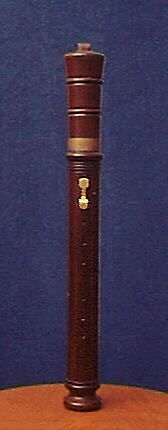
Kortholt is a woodwind instrument that was popular during the Renaissance period. It was also used in ensembles along with other instruments like shawm, recorder, and sackbut.
Interestingly, its name comes from Low Saxon and means a short(kort) piece of wood(holt). It belongs to the family of capped double-reed instruments.




